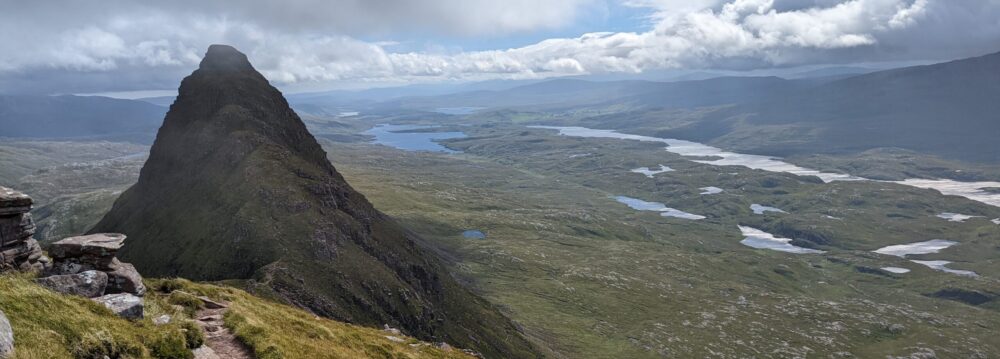Sex sells. And Dee Sinclair is all about sex. Not just a sex worker, she is a sex performer, taking high-paying jobs to perform for exclusively perverted clients in remote locations such as French Polynesia, Greece and Qatar.

She is an orphan girl, her only sister dead, an alcoholic, drowned. But she won’t talk about that. She won’t talk about anything except her exotic cat, a serval, named Apollo.

She doesn’t actually talk about Apollo either. She doesn’t talk about anything to anyone. She feels herself as distinctly separate, an adjunct, an afterthought, a second thing. She feels like she doesn’t belonged anywhere, except sitting alone on the fire escape. She knows that no one who really cares, that no one who would miss her. She just wants to be left alone.

Dee makes her first appearance in My Bad Side and then in Anori, the first book of The Cx Trilogy. She spends much of her time in the ice-choked emptiness of Greenland, a place she treasures because of its mind-numbing isolation.

And then she is suddenly being chased: Dee watched her hands flash up in front of her face, first one and then the other, fists clenched, just her pinkie out on her left hand. She had heard the helicopter come over the glacier, the rotors reverberating off the ice, sharp and then suddenly faded. She heard nothing now. She was mute. Not her footsteps on the hard ground, not her gasping for breath, not the truck door swinging wildly open, not the engine starting, nothing. Dust swirled up ahead, other trucks going to the launch tower. She couldn’t get the truck to go fast enough. The tunnel took forever. She heard something on the other side, helicopters again, as she headed to the tower. But she couldn’t see. There was only the dust and then Valerie on the edge of the first platform.

As the protagonist, Dee operates as the reader’s stubborn vehicle entering the impossible parameters of science fiction – the space ships, three dimensional internet, artificial skin, and most of all, the idea of leaving Earth for another planet. She doesn’t buy any of it. And neither does the reader. Until it is there and there is no denying it. As much as she (we) can’t accept it, it is there.
Dee works especially well for this book because of her personality. As hard as she tries to separate herself from everyone in the world, she becomes more drawn into a mission that aims to do just that – leave the planet altogether. The irony is that, in her efforts to be apart, she of course becomes deeply committed to the others on the journey into the emptiness.

Thematically, the book is a challenge, as it focuses on abandoning, and ultimately rejecting, our society for something else, and the impossibility of doing that. After all, wherever we go, we are still what we are. And so as impossible as Dee might be to access, it is because of that that she works as an excellent conduit for the book.
